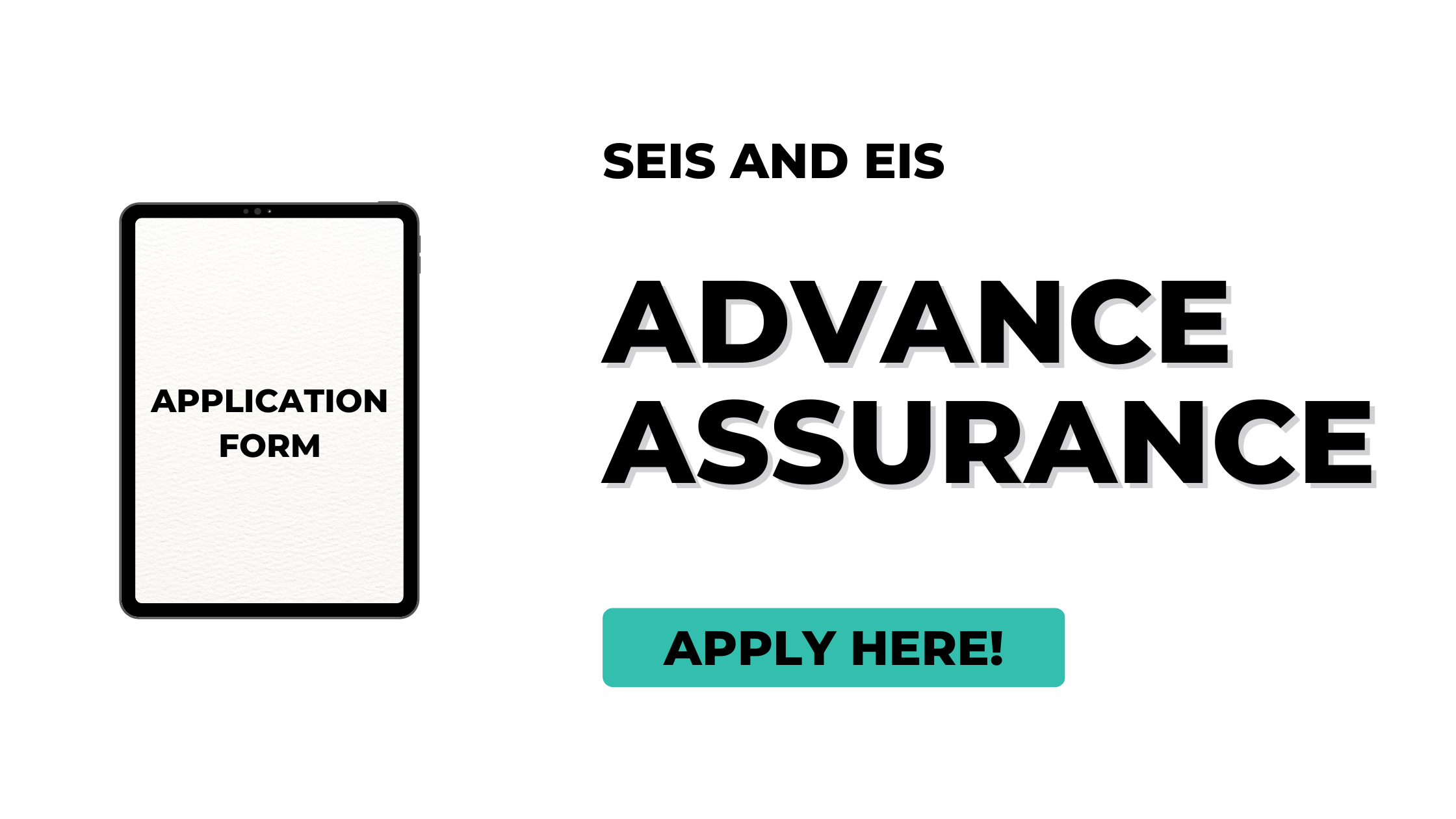
The Seed Enterprise Investment Scheme (SEIS) and Enterprise Investment Scheme (EIS) are investment schemes designed to encourage UK-resident investors to invest in domestically grown early-stage businesses and start-ups. The two schemes offer tax-relief incentives to individual investors who buy new shares in small unlisted companies.
You can read about the tax benefits of each scheme here.
SEIS is made for very early-stage companies. Under this scheme, an individual can invest up to £100,000 per tax year. In return, the UK government will give them a 50% tax break the either the current or previous tax year. If after three years the investor decides to sell their shares, they will benefit from a capital gains tax exemption on profits made on the sale.
On the other hand, EIS is aimed at slightly later-stage businesses like medium-sized start-ups. Under EIS, an individual can invest up to £1 million per tax year. In return, the government offers them a 30% tax break. Like SEIS, if the investor holds the shares for at least three years, they will be exempt from capital gains tax on any profit acquired.
However, these tax incentives are only available to UK taxpayers that are scheme-qualifying investors.
EIS and SEIS advance assurance is a provisional confirmation from HMRC indicating that an investment meets the qualifications of SEIS or EIS schemes.
It is usually a letter from HMRC, following an application from a company, that shows if you buy shares in the said company, you (investors) can receive potential SEIS and EIS Tax Reliefs.
HMRC will require some documents to support your Advance Assurance application. For SEIS and EIS, the required information includes:
The Advance Assurance application can only be completed by:
To apply, you must fill out the Advance Assurance form. The form should then be sent to HMRC attached with either the SEIS checklist or the EIS checklist – depending on your scheme. You can send this information to HMRC via:
Venture Capital Reliefs Team
HM Revenue and Customs
WMBC
BX9 1BN
Before you apply by yourself, it is crucial to remember that you cannot appeal – if your application is rejected. As such, it is imperative to make a careful application that is free of errors – to increase your chances of getting approval.
You can use our service to increase your chances of getting approved. If you submit your information here - we can apply for AA on your behalf. We will also act as your correspondence to HMRC and respond to any additional questions they may have.
It is crucial to start your application at the outset of your business. Preferably, the right to send an application to HMRC is when negotiating with some potential investors - because HMRC will ask you for information on possible investors.
Usually, if you have applied correctly and attached the correct documents, HMRC will send your Advance Assurance confirmation within a month.
When using us, we are happy to confirm that clients who have given us their information promptly have received their AA within ten days.
A company founder doesn't need an AA before starting their financing round. However, having one makes your company attractive to potential investors because of the tax relief incentives attached.
Qualifying Investors will invest in start-ups with SEIS and EIS Advanced Assurance because they get multiple tax reliefs.
No, an Advance Assurance (AA) time limit is indefinite. However, HMRC can revoke your AA if your business changes – and it ceases being compliant with the eligibility criteria.
However, Advance Assurance becomes invalid once you surpass the time limit for some schemes. For example, if you are using the EIS scheme, your company must obtain funding within the first seven years from trading or ten years for Knowledge Intensive Company. Your AA will become invalid after this period.
Getting an Advance Assurance after an application is not assured. However, our team is on hand to ensure you make a successful application. Click here to start!
This service will only cost you £300 (inclusive of VAT).
